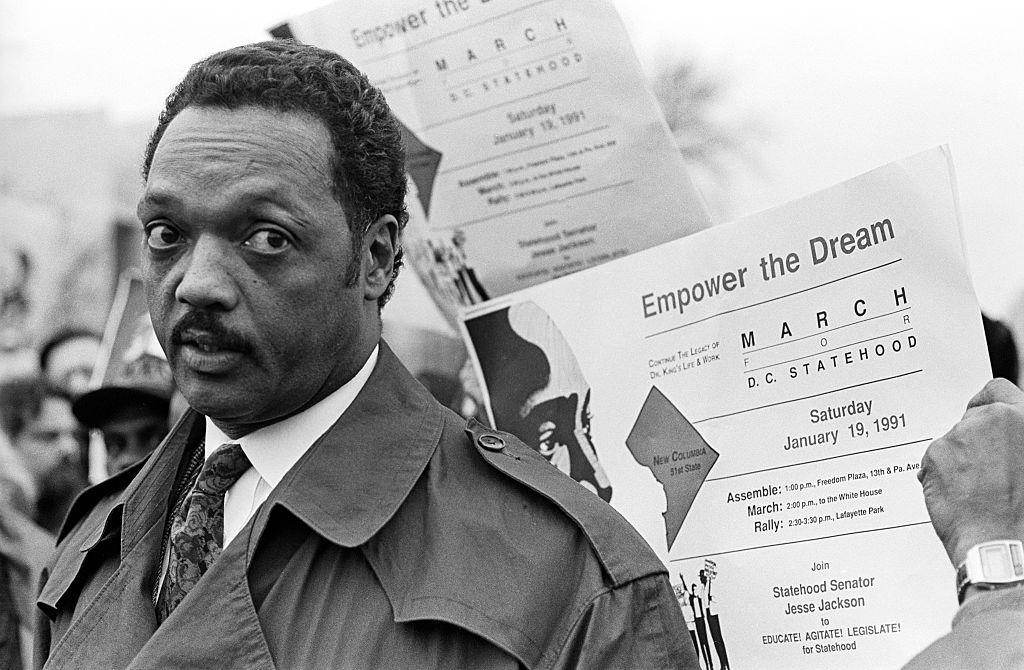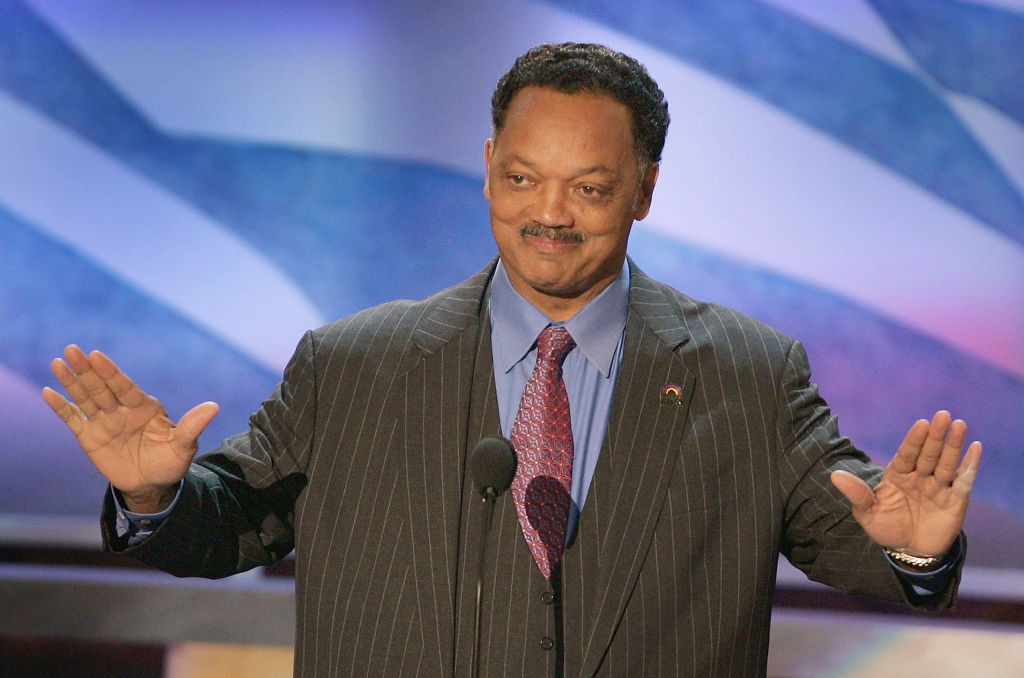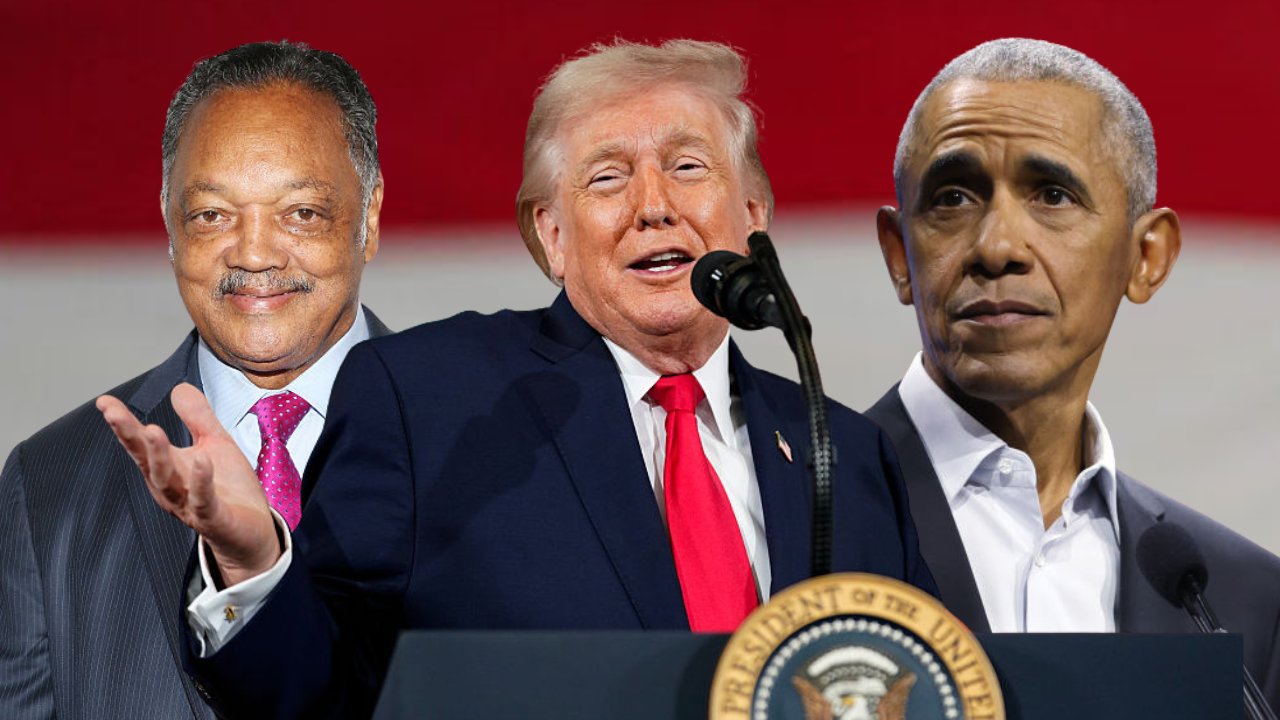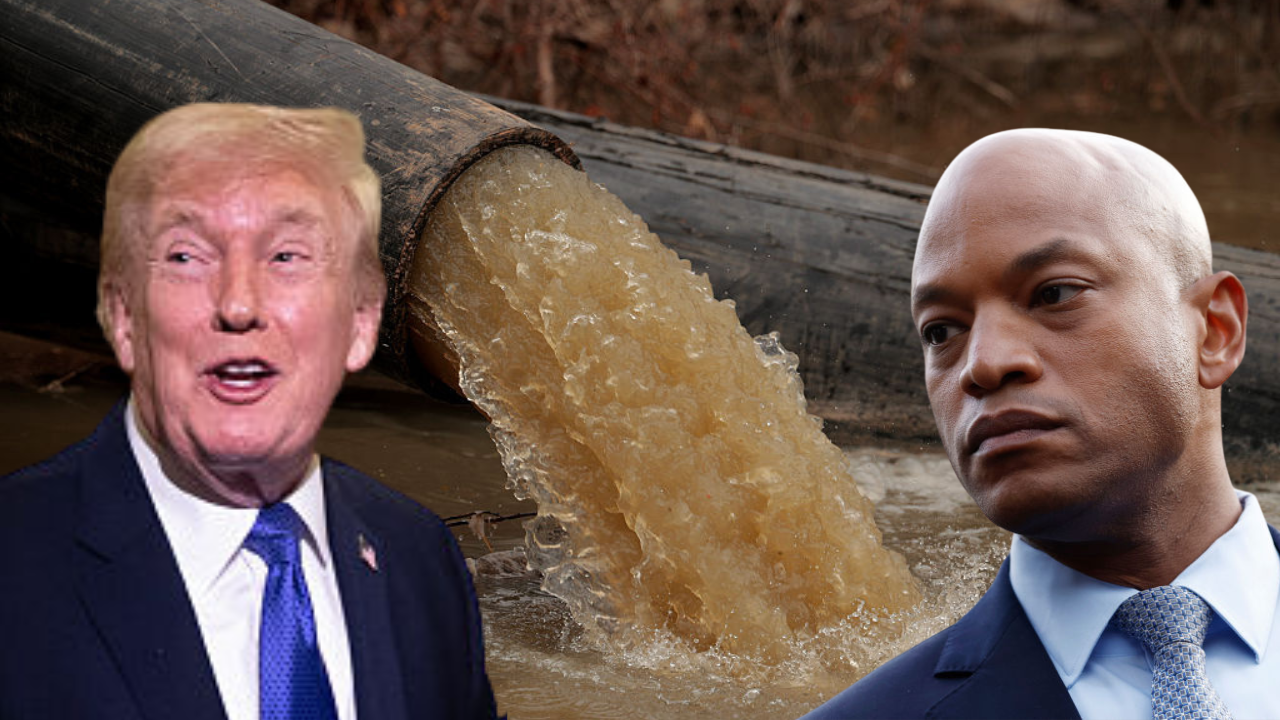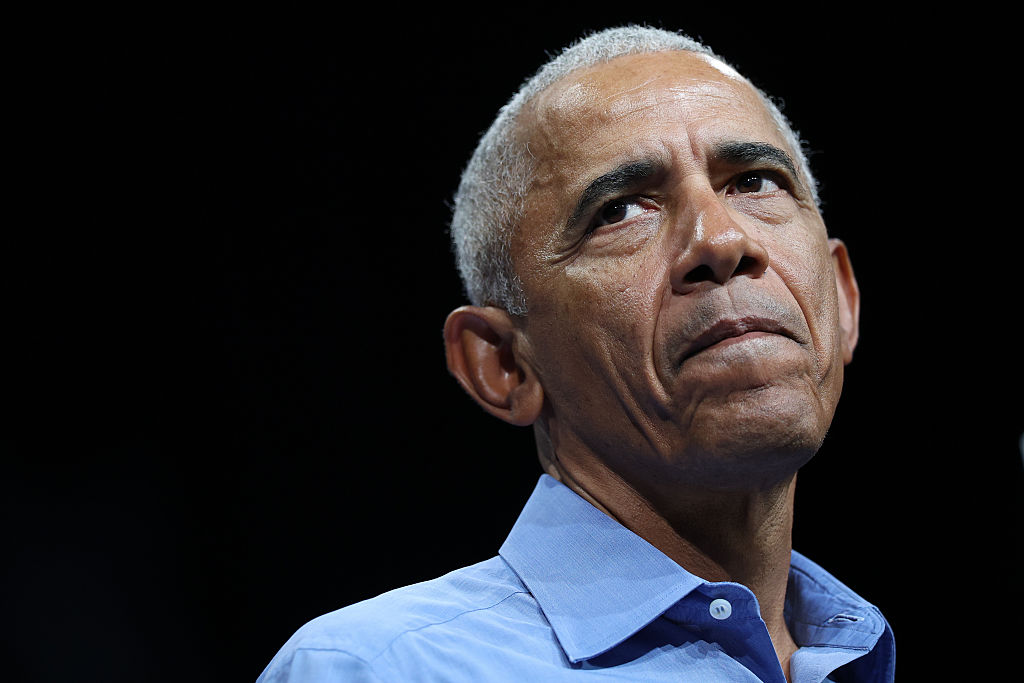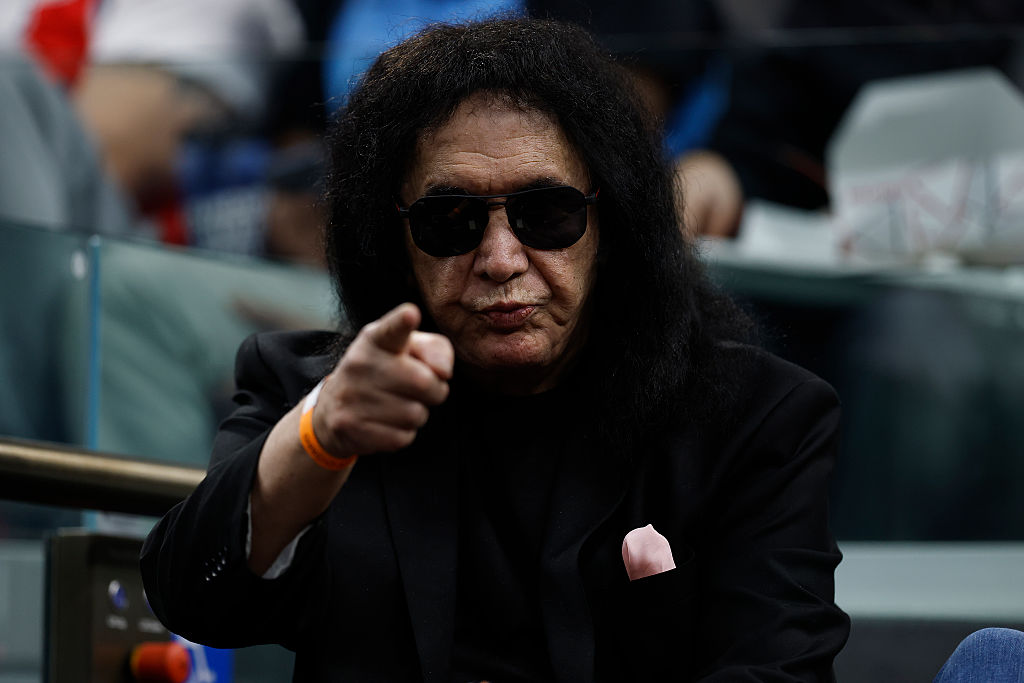Joe Dumars’ ‘special’ opportunity leads him to New Orleans Pelicans

LAS VEGAS – The unique sound of New Orleans jazz instantly brought a smile to Louisiana native Joe Dumars’ face. It was at that moment that the new leader of the New Orleans Pelicans came to the realization that he was truly back home.
“I walked into the hotel and I could faintly hear some second line music playing in the background. I said, ‘Yeah, I’m home. That’s second line music right there.’ There’s nowhere else you can go where you are going to hear this’ And it was right then that it felt real,” Dumars, 62, told Andscape in an interview Sunday as NBA Summer League action was taking place nearby.
Dumars was named the Pelicans’ executive vice president of basketball operations on April 16. The Naismith Basketball Hall of Famer previously served as the NBA office’s executive vice president of basketball operations from 2022-25 and as the Sacramento Kings’ chief strategy officer from 2019-2022.
Most notably as an executive, Dumars was president of basketball operations for the Detroit Pistons from 2000 to 2014, winning the NBA Executive of the Year award in 2003. Those Pistons won the 2004 NBA title, won 50 or more games every season from 2001-08, and featured Hall of Famers Chauncey Billups and Ben Wallace.
Dumars was also a two-time NBA champion as a defensive-minded guard with the “Bad Boy” Pistons. The six-time NBA All-Star was born in Shreveport, Louisiana, and grew up in Natchitoches, about a four-hour drive from New Orleans. Dumars also starred in college in Louisiana at McNeese State.
Dumars strongly stated that he loved his job as the NBA’s disciplinarian. In recent months, Dumars declined the vice president of basketball operations job with the Kings and Phoenix Suns, a source told Andscape. But returning to New Orleans and Louisiana as an NBA team executive was too much for Dumars to pass on.
“A lot of times you’re in these jobs and you get to represent the city that you’re doing these jobs in,” Dumars said. “But in this particular job, you are a part of the state. You’re not just representing a fanbase, you’re representing the people that you came from. That’s not the case at a lot of other jobs.
“You get the distinction I’m trying to make here? You’re representing the people that you came from. That’s what makes it uniquely different is that nowhere else can you go and represent the people and say, ‘And this is where I come from.’ That without a doubt is being unique.”
The following is Andscape’s Q&A with Dumars in which he talks about how Pelicans owner Gayle Benson convinced him to join her franchise, his relationship with star forward Zion Williamson, his thoughts on players such as newly acquired guard Jordan Poole and injured guard Dejounte Murray, the state of African Americans in NBA executive roles, the criticism toward trading a 2026 first-round pick in order to draft Maryland forward Derik Queen, keeping head coach Willie Green and much more.
Layne Murdoch Jr./NBAE via Getty Images
Why was it time to leave the NBA?
I loved my job at the NBA. I didn’t like it. I loved it. And I always said it would have to take something special for me to leave, otherwise I wouldn’t. And so, this was what I considered special to be able to come back, run the Pelicans in New Orleans with quite frankly a lot of people I knew in the organization and outside the organization. That’s what made it special for me to say that I would leave the NBA and take this job because I really enjoyed working at the league office.
What was Gayle Benson’s selling point to you?
Her conversation with me was, ‘You know the fans of Louisiana. You know how much they want to win and how dedicated they are. New Orleans is going to support their team. What better person to come back home and do this than you?’ And so, she didn’t have to sell hard. I understand uniquely the fans and the people of Louisiana. I understand that. So, it wasn’t a hard sell. …
It’s the franchise that ultimately represents me as much as any other franchise would possibly fit. This represents me. This represents me not only as a professional, but as a person. And ultimately at the end of the day, I came here because I felt like I could make a difference here. I could bring something here and be completely vested in this organization. I’m completely vested. Gayle Benson, she wants to win in the worst way. She’s committed to this and so am I. …
I’m a big believer in when things are supposed to happen, they happen. And I said this at my opening press conference, that ‘Right place, right time, right people.’ That’s why I took it. It was the right time, it was the right place, and it’s the right people. You only take these positions if you think you can make a difference. Ultimately, if you think you can make a difference and it’s the right time and right people and right place, you take it.
What does a Joe Dumars franchise look like? What do you want the Pelicans to be?
I really want us to be an elite franchise. Just the way we handle our business, the way we do things. When people come, I want us to be super organized. I just want us to be a classy organization that does things the right way so that when you come to New Orleans you say, ‘They really do things at a high level the right way.’ That’s important to me.
What do you think about the Pels’ roster? Take me through the changes you’ve made and the people you’ve kept.
“I felt the core guys like Zion, Trey Murphy, Herb Jones and Dejounte Murray, I thought that was a really good group of guys all around the age of 25 years old. I looked at it from there and said, ‘OK, we need to build out and how do we complement each other?’ I thought the core was really good there and I thought if you have a good core, let’s build out around that core with the type of players that we need. And I thought Jordan Poole was a dynamic guard. I thought that Saddiq Bey was the perfect guy to come off the bench and add depth to your team. I thought that [Kevon] Looney was the perfect guy for a team full of guys who were 25, 26 years old.
The thing about Looney also was [he’s] 29 years old, but he has a ton of experience. He’s a veteran, high-caliber pro. I thought the perfect guy to be in this locker room every day is a guy like Looney. Then I thought, let’s draft some really good young talent here and we drafted some in [Jeremiah] Fears and [Derik] Queen in the first round and Micah Peavy in the second round. I just thought, ‘OK, upgrade your talent.’ I always tell guys, when you are on a roster, thought has been put into you and what you can bring, how you can help this team. So, every single piece has a role to play in your success. I convey that to every guy all the time. You’re not just here to fill out a roster spot. There is a specific reason why you’re here.
What kind of rapport have you built with Zion? How do you get the best of him?
The first thing I would say about Zion is he’s an incredibly good guy. He’s a really good person. He’s obviously immensely talented. He and I have had some incredible conversations. We are in constant contact with each other. I’ve talked to him about the responsibility of being great and the responsibility of being a leader, of being a captain, of being the best player, of being the face of a franchise. I’ve talked to him about how all of those things come with responsibility and how it’s time now at 25 years old to embrace those responsibilities.
That’s what our conversations have been. It’s really just been about embracing your greatness on and off the court, very honest and upfront conversations. Not mincing any words. But he also knows it comes from a place of caring about him, helping him grow into being a real true pro.
Do you have any idea when Dejounte will be back?
I don’t know yet. Medically, I can’t say it. But what I can say about Dejounte is I say, ‘Wow,’ to him because he’s got some character traits that I’m really impressed with. He really cares about the game. He cares about things being done the right way. I like that about him. I really am impressed with him.
What attracted you to trade for guard Jordan Poole?
If you look around the league now, it’s almost a requirement to have high-level guard play, dynamic guard play. Jordan has a skillset that matches the most dynamic guards in this league. We’ve also seen him be a part of a championship team and contribute at a high level. So, with his skillset, he’s a dynamic guard and I know we have proof that he’s helped teams win championships. I look at those things and say, ‘I want him here and I want to tap into all of what he’s experienced so far.’
What drew you to select Fears with the fifth pick in the 2025 NBA draft and move up via trade to select Queen with the 13th selection?
Both of them have potential to grow into great players. But I also wanted to build a team that didn’t put all the pressure on them that they have to come in and prove that they’re great in Day 1. I want them to be able to develop into great players without trying to force it from Day 1. It’s why you see the roster built the way we did.
Ryan Stetz/NBAE via Getty Images
Social media has been going crazy over the trade you made to get the draft rights to Queen while trading a first-round pick. What would you say to the critics? (The Pelicans traded their 23rd pick in the 2025 NBA draft and an unprotected 2026 first-round pick to the Atlanta Hawks to acquire the 13th pick in the 2025 NBA draft, using it to select Queen.)
I don’t mind the criticism. People say they don’t mind. But I really don’t mind. When you’re running a franchise, you make a determination of what you think you need to start growing your franchise. The opportunity presented itself that we could get two lottery picks, and to do that, you’re going to have to give up something. We gave up what we thought it would take to get these two lottery picks and we did.
Now, I really don’t mind the criticism, the second guessing. I’ve done this long enough to understand that it just comes with the business. It’s just the sports world we live in. But we’re building a team to play it out. I believe in my guys. We’ll see how it plays out.
What ultimately made you confident in keeping Willie Green as head coach?
I know Willie. When they were healthy, they were a formidable team. They had some success. This past season they were decimated with injuries. I thought it was unfair to judge him on the season where the team was decimated and not look at the job he did when they were healthy. I thought you have to give him a chance to have success here.
Although you took a leave of absence with the NBA, you were still kind of like the godfather of all the Black NBA front-office executives. When you were a general manager, there weren’t many Joe Dumarses. There weren’t many African Americans. What do you like about the landscape now? Where does the landscape need to grow? How much have things changed as a Black front-office executive?
It’s absolutely great to see more opportunities being afforded to a lot of these young African American GMs. I think a lot of those guys have proved themselves. A guy like James Jones did a great job in Phoenix. He’s now in my old seat at the league office, but I thought James did a good job. I thought [former Toronto Raptors vice-chairman and president] Masai Ujiri did a great job, obviously in Toronto. I can name guys that I think have done great jobs. What it shows is, given the opportunity, there are a lot of guys out here that can do a great job in these seats. It’s great. I really like it.
There are a lot of NBA players who you had to call in regard to fining them during your time working for the league. How do you feel being back on the other side now after holding that disciplinary job?
I had to call a lot of players over the last three to four years. That was a part of the job. And it was interesting because a lot of the people I had to call, I knew them. It wasn’t like these were strangers. There were coaches I had to call that were peers of mine. There were GMs I had to call. There were peers of mine that I had to call and deliver the tough news of either a fine or suspension. So, it was an incredibly unique position to be in to pick up that phone and have to call someone that you know and say, ‘Yeah, we’re going to fine you $50,000.’ It is a surreal phone call to make.
I took no pleasure in fining people. But I will say this about that seat: To sit in that seat, you really do have to have a strong sense of what’s right for the league and what’s not right for the league. And I want to say, [NBA commissioner] Adam Silver was incredible to work with. He was one of the best leaders I’ve ever seen.
What do you bring to New Orleans from your time in Detroit?
The resilience and toughness of Detroit somewhat mirrors New Orleans. There is a connection there and there’s a similarity there between those two cities and cultures and environments. I know that city I’ve been connected to for a long time in Detroit, and with a city like New Orleans there’s a kinship with who the people are.
What's Your Reaction?
 Like
0
Like
0
 Dislike
0
Dislike
0
 Love
0
Love
0
 Funny
0
Funny
0
 Angry
0
Angry
0
 Sad
0
Sad
0
 Wow
0
Wow
0







